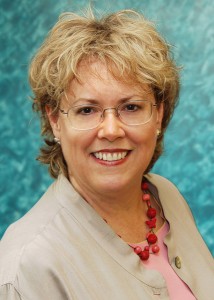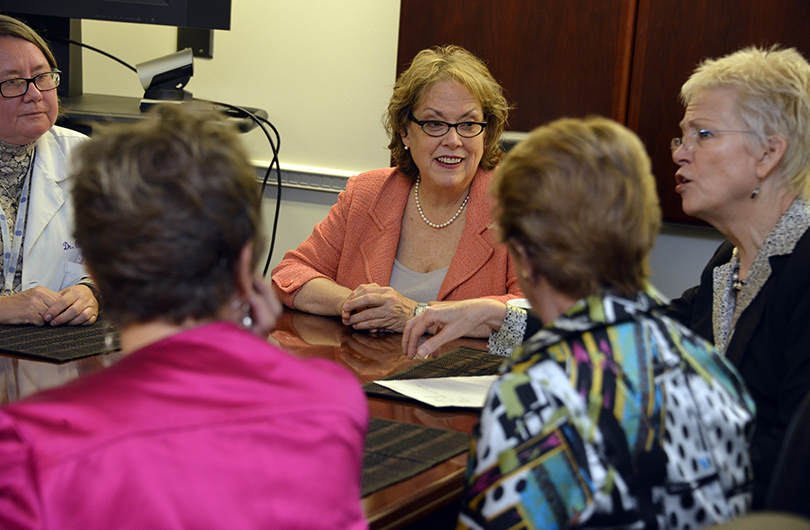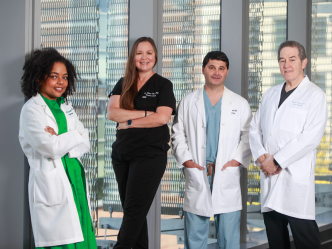
Dr. Diana Mason, Rudin Professor of Nursing and co-director of the Center for Health, Media, and Policy at Hunter College, City University of New York, visited Georgia Regents University on Nov. 5 for the inaugural College of Nursing Distinguished Lecture.
Mason’s presentation, “Nurses as Innovators in Health Care: Perspectives for the Public and Policy Makers,” addressed several issues plaguing both the nursing and greater health care professions and provided examples of solutions put forward by various nursing leaders.
One of the problems she noted was the treatment of providers and how provider burnout affects patient outcomes.
“We must move beyond a disease-based view of health,” Mason said, addressing the assembled crowd. “Taking care of patients means taking care of providers.”
Another issue, she said, was the general lack of respect shown for nurses in the field.
“Nurses should be full partners with physicians in redesigning health care in the United States,” she said, echoing a sentiment put forth by the Institute of Medicine in 2010.
But the issue Mason seemed most passionate about was the need for a stronger foundation of national preventive care and health promotion.
“We don’t prevent illness; we don’t prevent injury the way we could,” she said. “Too many people are in hospitals, and you know they shouldn’t be there if we had addressed the upstream factors.”
Throughout her presentation, Mason highlighted the work of various nurse leaders.
Those mentioned included Ruth Lubic, co-founder of the National Association of Childbearing Centers, and Deborah Gross, Leonard and Helen Stulman Endowed Professor in Psychiatric and Mental Health Nursing at the Johns Hopkins School of Nursing.
The list also included someone a little closer to home.
“Dr. Lucy Marion was smart enough to realize that people with persistent psychiatric, chronic psychiatric problems don’t go to primary care centers,” Mason said. “So she said, ‘Let’s take the primary care to them.’”
Mason then explained how Marion and her students at the University of Illinois at Chicago changed the overall health care model by taking the initiative and reaching out to underprivileged, underserved populations in their community.
That drive to improve the existing condition and to draw attention to the problems in health care, Mason said, is crucial to the future of the nursing profession.
“I think we have to make our work visible,” she said. “I think we have to shout it from the rooftops. We have to be willing to talk to media about the work that we’re doing, and I think we have to promote it internally. We cannot keep our good work under a bushel anymore.”
After a brief question-and-answer session, Mason was presented with a commemorative gift from Marion on behalf of the entire College of Nursing.
To learn more about Diana Mason, click here.
For more information about the Center for Health, Media, and Policy at Hunter College, click here.
 Augusta University
Augusta University




